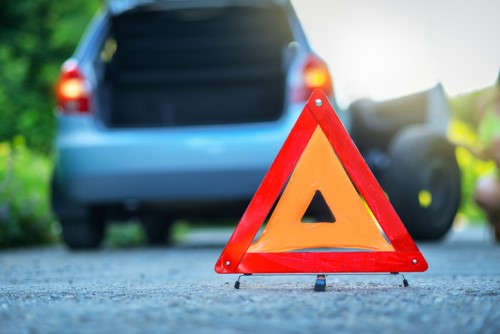

A recent study has revealed that more than one in five drivers with roadside assistance may be wasting an average $133 a year on their policy, or a collective $400m a year.
A finder.com.au survey of 1,430 drivers with roadside assistance found that 23%, or more than 3 million Australians, wouldn't even call their roadside assistance if their car broke down, with most respondents opting to call their partner (25%).
“Phoning a mate is a habit that’s deeply embedded into Australian culture and this research just goes to show that a car breaking down is no exemption,” said Bessie Hassan, car insurance expert at finder.com.au.
Other respondents said they would call their family (6%) or friend (5%) if they were stranded on the side of the road. Insurance companies, the police, and the nearest mechanic are top alternatives for Australians seeking help for their car troubles.
Findings also showed that female drivers are more likely to rely on a spouse, at 22%, compared to only 9% of males; while 5% of male drivers said they would try to fix the car themselves, compared to just 1% of females.
Hassan said many Australians may be avoiding roadside assistance as their first point of contact “due to misconceptions about cost or a reluctance to endure potential waiting times.”
“What many people don’t realise is that if you’re already paying for roadside assistance, calling them to jump-start or fix your car is usually completely free,” Hassan said. “However there may be some circumstances in which you’ll be charged a further amount, for example if they replace a battery or fill up your tank.”
The survey also found that 13% of those without roadside assistance were prepared to pay out for the service anyway.
South Australian drivers are the most likely to call roadside assistance, with 73% saying this would be their priority, and are also the most likely to have roadside assistance policies (85%).
Hassan urged Australians to review their need for a roadside assistance policy.
“Those who would prefer to phone a friend or family over their roadside assistance provider should consider reviewing whether they actually need that cover,” Hassan said. “It’s worth looking over your bills every six to 12 months to ensure you’re still getting the best value possible.”
